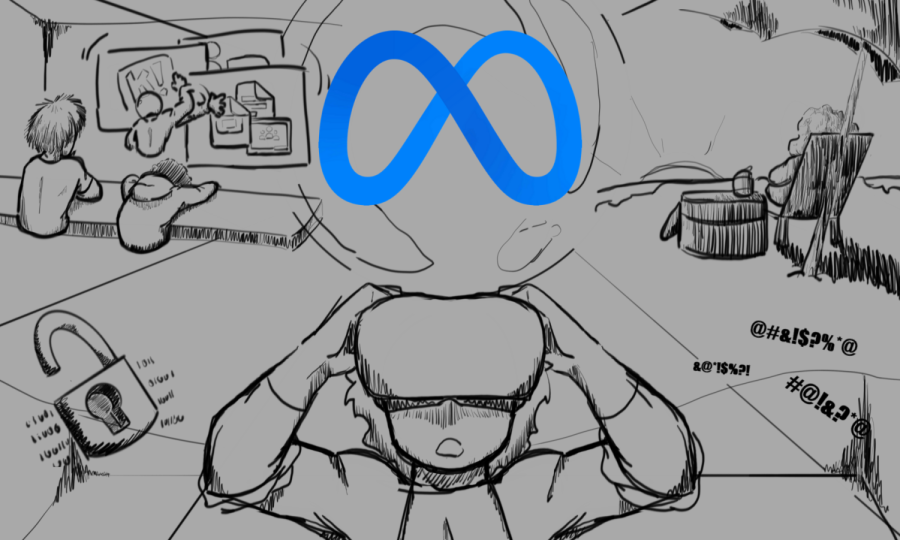Are Energy Drinks Potentially Life Threatening?
November 13, 2014
Do you ever think about what’s really inside your energy drinks? Is purchasing an energy drink in order to survive the afternoon or start a tough workout really the best option to give you the boost you need? Media, neon-labels, and enticing slogans help popularize companies’ energy drinks, but most people are unaware of the possible consequences of consuming energy drinks and their ingredients.
According to Forbes.com, “in 2011, the Journal of Pediatrics published a scary report titled ‘Health Effects of Energy Drinks on Children, Adolescents, and Young Adults’ warning that the consequences included ‘palpitations, seizures, strokes, and even sudden death.'”
Over the past four years, since energy drinks have been overly popularized, the number of emergency room visits related to energy drink consumption has doubled.
According to Energy Drink Side Effects, “serious symptoms such as insomnia, anxiety, headaches, dehydration, rapid heart rates, seizures, and even cardiac arrest have been discovered to be associated with constant rate of energy drink consumption.”
Some of the top ingredients found in energy drinks include: Caffeine, Taurine (an amino acid that is naturally produced by the human body but there is no need to supplement), Guarana (it’s more dense in caffeine than normal coffee beans), and a majority of all sugars.
According to Brown University, “The amount of caffeine in an energy drink can range from 75 milligrams to over 200 milligrams per serving.”
People who consume energy drinks often do not withdraw from their regular routine. Energy drinks contain large amounts of caffeine, which can make your body build up tolerance and mild physical dependence. Caffeine withdrawal is associated with symptoms such as headache, drowsiness and irritability.











